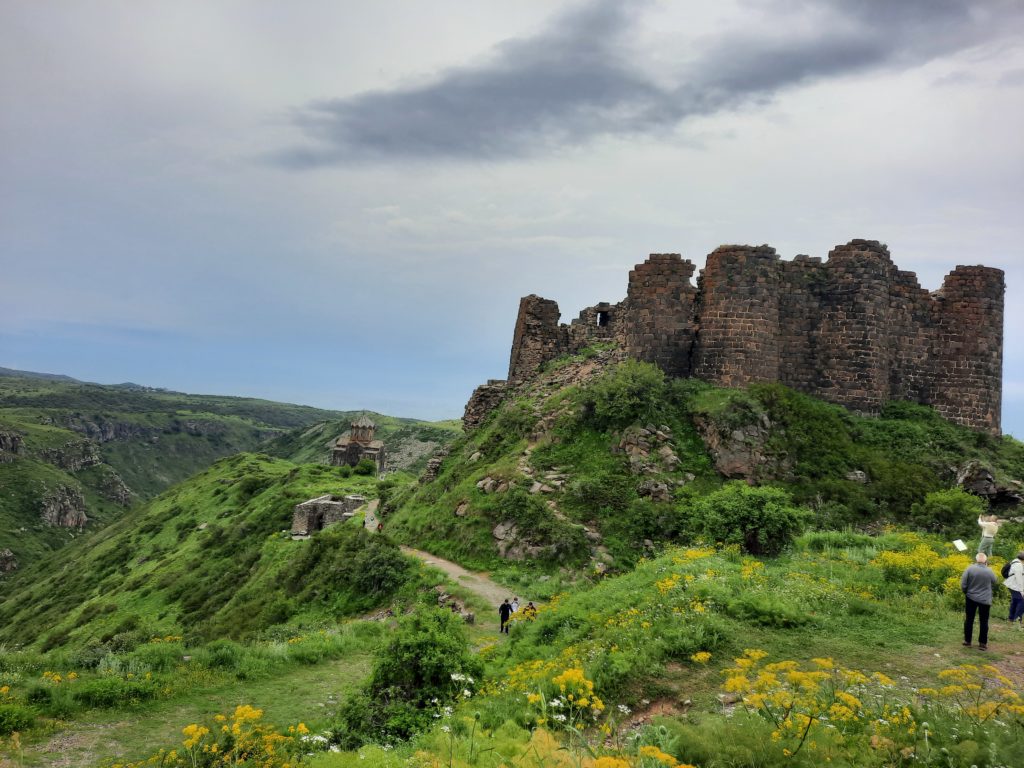Highlight 20/2025: The Economic and Political Challenges of EU Membership for the South Caucasus Countries
Karen Ghazaryan, 4 April 2025

A new phase of cooperation between the EU and the South Caucasus countries began after the independence of the three Republics, Armenia, Azerbaijan, and Georgia, in 1991. The EU developed a new type of cooperation with this region, which was significantly influenced by the EU’s neighborhood policy, and later by the Eastern Partnership framework with the EU’s eastern neighbors. Since 2003, Georgia has aspired to become an EU member, a goal that is also enshrined in its constitution. Armenia also has ambitions to join the EU and continues to deepen its relations with the EU. Azerbaijan has not officially declared its intent to join, but it continues to cooperate with the EU, partnership that has become more important, especially after the 2022 Ukraine war.
The South Caucasus holds strategic importance for Russia and is considered a “buffer zone” between NATO member Turkey and Russia. Russia has a significant military presence in the region and is a leading economic partner for all three countries. For Russia, the potential expansion of Western influence, particularly through EU membership and further integration with NATO, presents a serious national security threat which Russia will oppose at all costs.
For Azerbaijan, the energy sector plays a central role in its economy, while Armenia depends on Russian energy supplies. Armenia imported around 70% of its petroleum oils and nearly 85% of its natural gas, including liquefied gas, from Russia. This dependency can be problematic as the EU seeks to diversify energy sources and reduce reliance on Russia. Achieving the level of energy independence needed for EU membership would require large-scale investments and economic adjustments. Economic cooperation with the EU would require significant investments to modernize infrastructure, especially in areas like roads, railways, and communication systems. The unresolved territorial disputes, especially the Nagorno-Karabakh conflict between Armenia and Azerbaijan, as well as the territorial issues in Georgia (Abkhazia and South Ossetia), pose a significant political challenge to EU membership. The EU requires stable borders and peaceful relations between neighbors before granting membership, and these conflicts complicate the integration process. Moreover, Russia’s involvement in these conflicts further complicates the path to EU membership.
While the EU supports democratic reforms, the region’s governments may face resistance from political elites, who may not fully embrace the necessary changes. There is also the influence of Russia and Iran in the region, which has created additional political complexities. The presence of powerful regional actors like Russia makes it difficult for countries in the South Caucasus to fully align with EU democratic standards.
The path to EU membership for Armenia, Azerbaijan, and Georgia is laden with, economic transformation needs, amplified by complex territorial and geopolitical tensions. However, despite these hurdles, there are significant opportunities for deeper integration with the EU, especially in terms of economic development, democratic reforms, and regional stability.
Karen Ghazaryan, Highlight 20/2025: The Economic and Political Challenges of EU Membership for the South Caucasus Countries, 4 April 2025, available at www.meig.ch
The views expressed in the MEIG Highlights are personal to the authors and neither reflect the positions of the MEIG Programme nor those of the University of Geneva.
